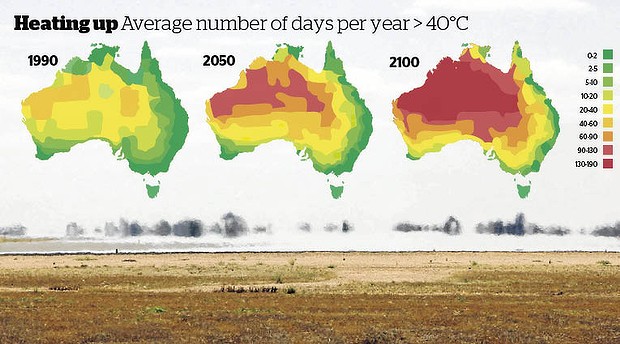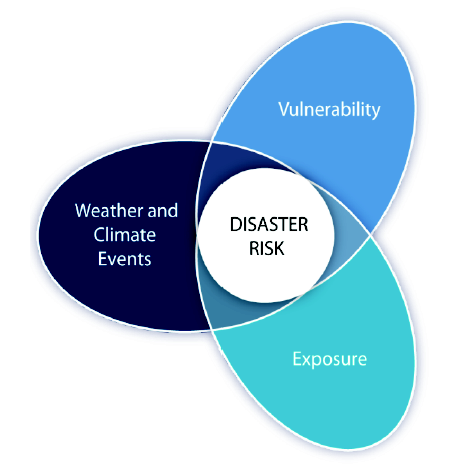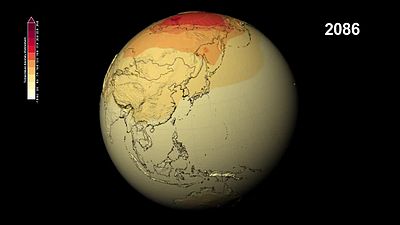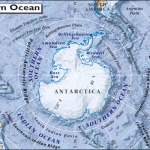Latest Climate Panel Report Assesses Current and Future Risk
March 31, 2014
March 31, 2014 – Climate change and global warming remains a “hot” topic, no pun intended. In the latest release from the Intergovernmental Panel on Climate Change (IPCC) the authors describe the current impact of planetary warming, where we humans are vulnerable in the near future, and how we will have to adapt. With its opening statement, “Human interference with the climate system is occurring,” the report no longer hedges on probability and pulls no punches in describing the near future. What is the big picture?
- We are seeing and will see more changes to the state of water on this planet from altered precipitation patterns, melting alpine glaciers and polar sea ice, thawing permafrost, shrinking aquifers, acidifying oceans and sea levels rising.
- We are seeing terrestrial, freshwater and marine life all experiencing stresses from changes to habitat, migration patterns, and food sources.
- We are seeing a negative impact on crops and crop yields.
- We are seeing human health changes attributed to climate stressors although this is not as well quantified as of yet.
- We are seeing those in the Developing World already vulnerable, becoming even more so as the factors already described impact their societies.
- We are seeing more extremes in weather with heat waves, droughts, floods, wildfires, and cyclonic storms causing damage to our human infrastructure at increasing costs.
So far what does the report say about how we are adapting to all of the above?
- Governments are putting adaptation plans in place albeit very slowly with Australia and the island nations of the Pacific and Indian Ocean leading the way. You can see why just by looking at the temperature projection maps in the image above. Australia, more than any continent will feel the impact.
- The weakest response so far at the national level appears to be coming from the nations of North America where most of the planning appears to be happening in municipalities in terms of hardening of infrastructure, but very little at the state, provincial and federal level.
- The Arctic, where climate change impact will be most noticed the soonest, some work is being done on adaptive strategies with the nations and communities of the North meeting regularly. But it would seem far too little has been accomplished and without significant investment in adaptation strategies it is already probably too late.
- And in the ocean there is the beginning of international cooperation and planning to deal with climate change challenges including coastline submergence, the bleaching of coral reefs, the acidification challenge, and declining biodiversity.
For the first time the IPCC report openly states the key risks from the changing climate, everything from food insecurity, extinction of animal and plant species on land and sea, submerging of coastlines and coastal communities, disappearance of island nations, weather event risks to human health, infrastructure, jobs, and income. The study report even measures the war probability brought on by nations fighting over declining resources.
States the IPCC, what is certain – we will see global warming with mean global temperature rising an average of 0.2 Celsius (0.36 Fahrenheit) per decade based on current rates of carbon emissions. Should emissions, however, continue to rise the rate of warming could be as high as 4 Celsius (7.2 Fahrenheit) by the century’s end. At the extreme end of this warming projection the IPCC report points out that the warmer the atmosphere the less land and ocean is capable of sequestering carbon feeding the cycle of warming even faster.
For policy makers the latest report lays out a roadmap for sustainable development, hardening of infrastructure, and adaptation. Failure-to-act is not considered a good option.















Aucun commentaire:
Enregistrer un commentaire